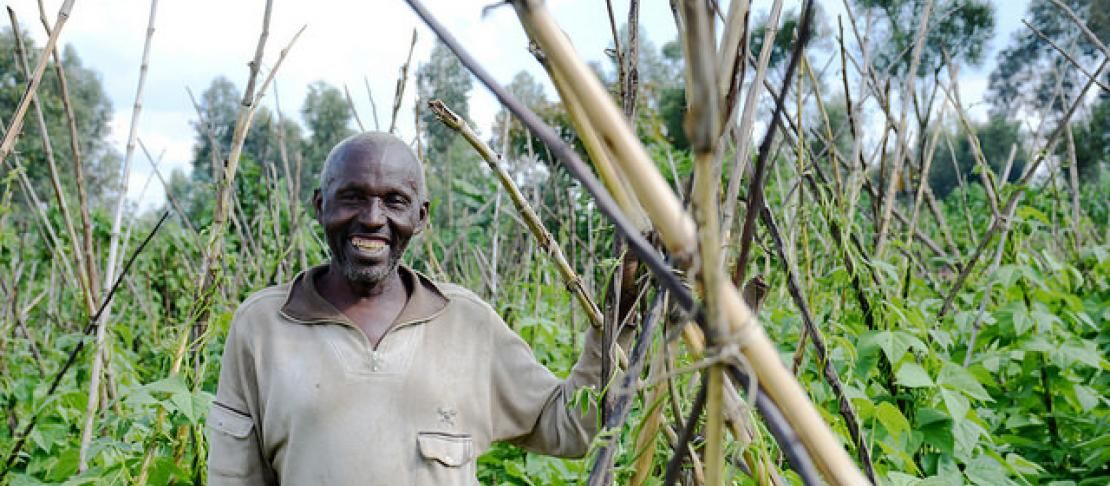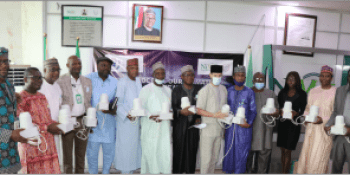Building climate services capacity in Rwanda

Joint launch of two innovative projects: Climate Services for Agriculture for Rwanda and the Enhancing National Climate Services
Agriculture contributes to a third of Rwanda’s gross domestic production and remains the main source of subsistence for the majority of the country’s ten million people. Farming employs eight out of ten Rwandans. Despite its importance to the country’s economy and well-being of its population, the sector remains highly vulnerable to current and projected climate and weather variability. Severe flooding in 2007, for example, cost an estimated US$22 million in two districts alone. Recurrent hail and wind storms, heavy rains and prolonged droughts take frequent tolls on agricultural productivity. Such weather events are expected to become more frequent and intensive with climate change. In this context, it will be vital that farmers can access and use reliable climate and weather forecasts to make the best decisions such as what to plant and when, when to fertilize, and when to harvest.
To make its agriculture sector more climate resilient, the Rwandan government is taking action to provide nearly a million farmers timely access to useful climate services. The first steps are to address two critical issues: reconstructing an incomplete meteorological data record using cutting-edge climate science, and developing climate information products and services based explicitly on the needs of farmers and other end users.
Together, the Climate Services for Agriculture for Rwanda Project and the Enhancing National Climate Services (ENACTS) initiative will address these issues, and help transform Rwanda’s rural farming communities and national economy through improved climate risk management.
The project is supported by USAID/Rwanda and coordinated by the CGIAR Research Program on Climate Change, Agriculture and Food Security. Main partners include Rwanda’s National Meteorological Agency (METEO-Rwanda), Ministry of Agriculture (MINAGRI) the Rwanda Agriculture Board (RAB), International Centre for Tropical Agriculture (CIAT), International Livestock Research Institute (ILRI), World Agroforestry Centre (ICRAF), International Research Institute for Climate and Society (IRI) and Reading University.
The launch is convened by Meteo-Rwanda and the RAB in partnership with CCAFS, the CIAT and IRI.
For more information, please contact:
Gloria Batamuriza - Rwanda Agriculture Board (RAB)
Email: batagloria@yahoo.com,
Tel: +250-788402087


